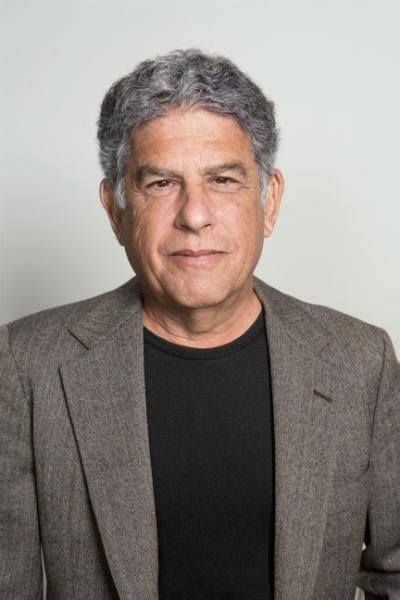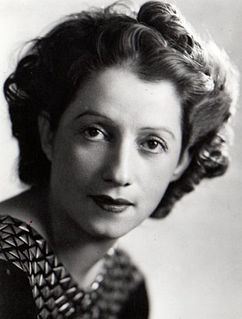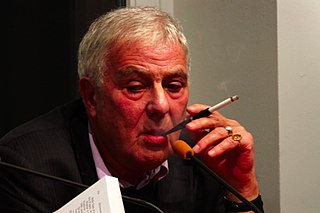A Quote by Bram Stoker
It was like a miracle, but before our very eyes, and almost in the drawing of a breath, the whole body crumbled into dust and passed from our sight.
Related Quotes
The physical body is acknowledged as dust, the personal drama as delusion. It is as if the world we perceive through our senses, the whole gorgeous and terrible pageant, were the breath-thin surface of a bubble, and everything else, inside and outside, is pure radiance. Both suffering and joy come then like a brief reflection, and death like a pin.
We need to go back to our relationship with nature and understand that those trees are our lungs. The earth is recycling as our body. The rivers are our circulation. This air is our breath. And the star stuff, the carbon, hydrogen, nitrogen that comes from distant galaxies is actually the molecules of your body.
We feel the breath of the wind upon our cheeks, we see the dust and the leaves blowing before the wind, we see the vessels at sea driven swiftly towards their ports; but the wind itself remains invisible. Just so with the Spirit; we feel His breath upon our souls, we see the mighty things He does, but Himself we do not see. He is invisible, but He is real and perceptible.
Consider now the Milky Way. Here also we see an innumerable dust, only the grains of this dust are no longer atoms but stars; these grains also move with great velocities, they act at a distance one upon another, but this action is so slight at great distances that their trajectories are rectilineal; nevertheless, from time to time, two of them may come near enough together to be deviated from their course, like a comet that passed too close to Jupiter. In a word, in the eyes of a giant, to whom our Suns were what our atoms are to us, the Milky Way would only look like a bubble of gas.
People usually consider walking on water or in thin air a miracle. But I think the real miracle is not to walk either on water or in thin air, but to walk on earth. Every day we are engaged in a miracle which we don't even recognize: a blue sky, white clouds, green leaves, the black, curious eyes of a child -- our own two eyes. All is a miracle.
Jazz is the music of the body. The breath comes through brass. It is the body's breath, and the strings' wails and moans are echoes of the body's music. It is the body's vibrations which ripple from the fingers. And the mystery of the withheld theme, known to jazz musicians alone, is like the mystery of our secret life. We give to others only peripheral improvisations.
Our brain and our whole nervous system and our whole body are only created in relation to other people and to the environment. So what we have here is an enormously complex notion of both consciousness and unconsciousness. That's why these models get very difficult, because you can't reduce our subjective and intersubjective experience to neural reductions.
We are completely unaware of our true nature because we identify ourselves with our body, our emotions and our thoughts, thus losing sight of our unchanging centre, which is pure consciousness. When we return to our true nature, our thoughts and perceptions no longer appear as modifications of a single substance, they come into being and subside like waves of the ocean.






































